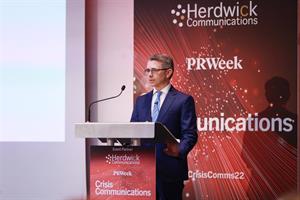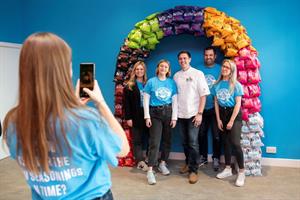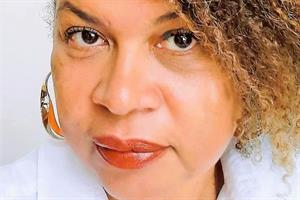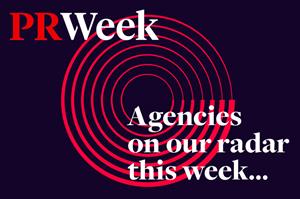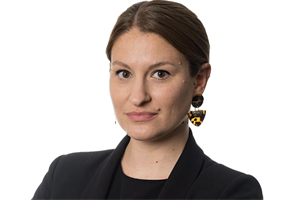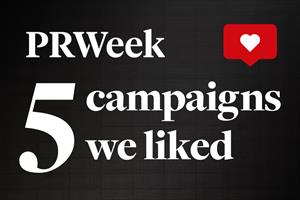Saturday night’s Democratic debate is critical for Sen. Bernie Sanders (D-VT) as he tries to get back in the game against frontrunner Hillary Rodham Clinton, but it may be an even more important showcase for Twitter.
The brevity-reliant platform has played a role in virtually every presidential debate since the 2008 cycle, serving as a virtual spin room for candidates’ accounts, staffers, and supporters, not to mention a rapid analysis zone for journalists.
Yet Saturday will be the first time Twitter is an official partner of the debate, meaning the conversations taking place on the platform and the data gleaned from them will have an immediate impact on the debate itself.
Adam Sharp, head of news, government, and elections at Twitter told CBS News – its partner for the event – he wants the platform’s users to feel like they’re viewing "on the world’s largest couch." Of course, the living room can be an uncomfortable place to discuss politics, especially with distant relatives this time of year.
Regardless of the outcome, Twitter’s participation in Saturday’s debate means it will be different – and that’s a welcome change from what’s too often a stiff format. For one, there will be more statistics and interaction, helping to bring the debate format into the 21st century.
There also will be something of a crowd mentality for the viewer. Ever watch a debate and say, "Was I the only person thinking that?" Now, you’ll have an answer.
There are also questions about how the platform will balance its participation in the event with paid promotions. Last time around, Clinton won the debate in the media, with many journalists declaring her the victor with a strong and steady performance that put her back in command after months of email-related questions about her candidacy. Social media was a different story, with Sanders, propelled by the purchased #DebateWithBernie hashtag, winning the contest there. I’m not suggesting there’s a breach of the church-state boundary at Twitter, but it’s worth keeping an eye on whether a paid hashtag affects the data used during the broadcast.
Twitter needs to make more money, and it needs to grow its user base. Tying itself to major, zeitgeist-capturing events is a smart way to do that, but it’s only step one. What remains to be seen is whether it can improve the user experience of its Moments feature and make itself a part of TV or Web broadcasts beyond just as a novelty – in other words, as something viewers actually want.
The pressure will be on Hillary Clinton, Martin O’Malley, and Bernie Sanders on Saturday night, but Twitter’s really in the hot seat.
Frank Washkuch is news editor at PRWeek.


